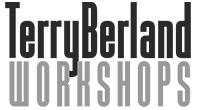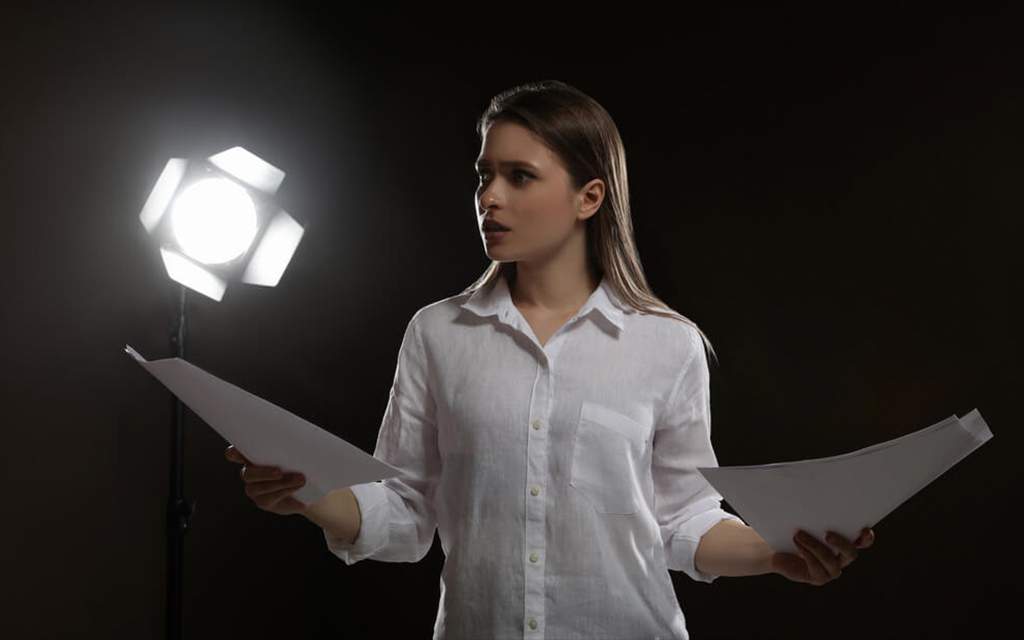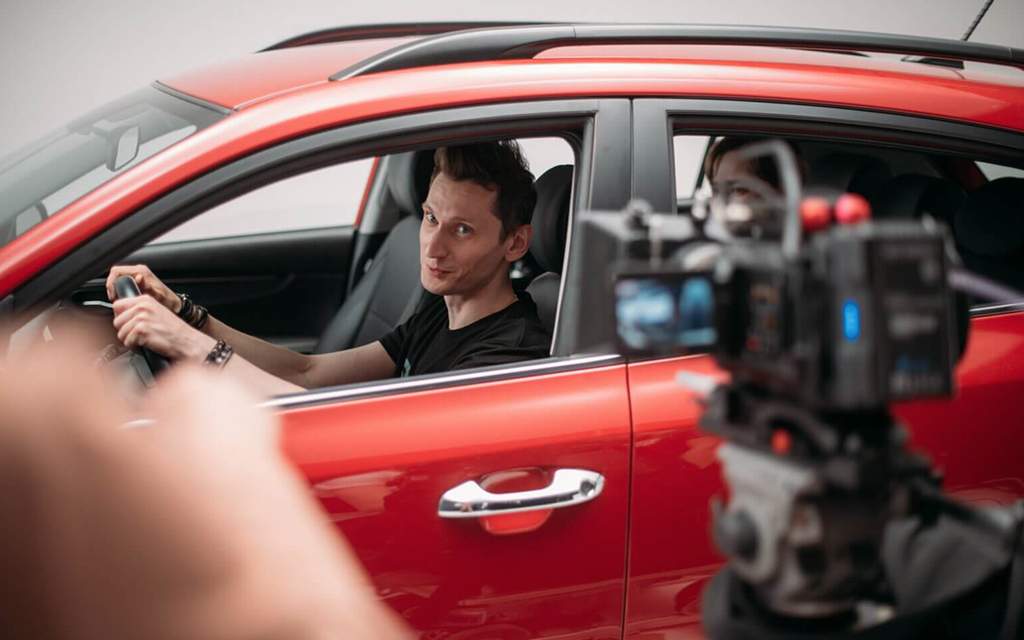Written for Casting Networks News by Terry Berland @berlandcasting.
The first moments you walk into a casting room can make or break your audition. The best way to enter the audition room is to set a positive tone.
If you walk into the room creating a negative impression, valuable time has already been wasted. It is very likely that with time, you can turn around the tone of the room, but there will always be some degree of doubt lingering that can come back and bite you during the selection process.
During final selections, there are a myriad of reasons out of your control that can tip the scales toward or against you. You want to show up in a clear, focused, relaxed, creative state unencumbered by negative forces. The following are eight things you do have control of, which can eliminate the doubt that can knock you out of being booked.
Confirm your audition time quickly.
Your impression actually starts before you arrive at the audition. There is a lot of pressure for casting directors to select the right people to audition. Casting directors have no extra time allotted to them for do-overs. They receive a production schedule that they must adhere to.
When I put out auditions, there are many times we have to call, email and text a talent or agent for confirmation. Empty time slots are a waste of time and money for us. We get answers from actors such as “oh I thought I did that,” or “oh I’m coming, I didn’t confirm yet.” If you are one of those actors who we had to coax a confirmation out of, we’ll remember that at the audition. I can only imagine that if you can relate to this mention, you are not aware of the importance of a casting director having a tight-flowing audition.
Be on time.
If you are late, time is being wasted. When you arrive late, you have created a state of irritation and tension. Your time affects how the rest of the casting day flows. Now, I know many of you reading this will be thinking, “what about all the times I have to wait?” Don’t become reactive to variable unpleasant auditioning experiences. I suggest you decide your own benchmark of professionalism and stay true to it.
Walk in the room without negative baggage.
You should walk in the room with no outside worries and life complications accompanying you. It’s best to be there connected, present and mindful, and open to your own creativity and direction from others.
Have a good attitude.
You should give the feeling that you are happy, appreciative, smart, enthusiastic and a team player. If it is a theatrical audition, in the opening conversation, refer to something about the character or script that you like. Show that you are interested and connected.
Be flexible.
Don’t become irritated with any changes, such as script, time or partner reads. Remember the old cliche, “don’t take it personally;” no one is doing anything against you. If you find that changes bother you, I would suggest that you can turn this around by reminding yourself that you are experiencing being a part of the creative process.
Be prepared.
For theatrical auditions, have your sides with you and be rehearsed. Every once in awhile, an actor comes in the audition room with their phone in hand to read their script off of. Funny thing is, in my experience, that talent never gives a good audition. The talent has not marked or rehearsed their script and has to pay attention to scrolling to keep up with their place. Auditioning from your script on your phone reflects an uninvolved, totally unprepared feel all around.
For both commercial and theatrical auditions, have your photo and résumé with you in case you are asked for them. There are times for variable reasons we will ask for a photo and résumé, especially at a callback. One common reason is that after the casting session, later that night, the director reviews each audition and will have your photo and résumé to refer to. Since budgets sometimes dictate that directors be present at first calls, with no callbacks, have your photo and résumé with you in case we ask. The worst response to us is, “oh, you can find it online”. That really means you are asking me to go to my computer, print out the photo and résumé and give them to my director. Have your professional package ready and with you.
Be creative.
Don’t walk into the audition room with self-doubt. Bring your most creative interpretation to a commercial or theatrical audition.
Be trustworthy.
You should check the callback dates and shoot dates before you come to the audition. When we ask you about your availability, if you start giving us a whole bunch of dates and times that you are not available, we think, “why are you here?” Take control of what you can. Make it easy, not a problem for the production to hire you.
If you want to sharpen up on your commercial acting technique, follow this link to Terry Berland’s Commercial Acting workshop.









